Home>Home Appliances>Home Automation Appliances>Why Does My Alexa Randomly Turn On


Home Automation Appliances
Why Does My Alexa Randomly Turn On
Published: January 5, 2024
Discover why your Alexa randomly turns on and how to troubleshoot it. Learn how to manage your home automation appliances effectively.
(Many of the links in this article redirect to a specific reviewed product. Your purchase of these products through affiliate links helps to generate commission for Storables.com, at no extra cost. Learn more)
Introduction
In the age of smart technology, the convenience of controlling our homes with just the sound of our voice has become a reality. Devices like Amazon's Alexa have revolutionized the way we interact with our living spaces, allowing us to effortlessly adjust settings, play music, and even place online orders through simple voice commands. However, as convenient as these devices are, many users have experienced the perplexing phenomenon of their Alexa randomly turning on without any discernible trigger. This unexpected activation can be disconcerting and may lead to concerns about privacy and security.
Understanding why this occurs and how to prevent it is essential for ensuring a seamless and secure smart home experience. In this article, we will delve into the factors that may lead to the spontaneous activation of Alexa, explore the potential triggers for this behavior, and provide practical solutions to address and mitigate this issue. By gaining a deeper understanding of Alexa's activation mechanisms and implementing effective strategies, users can optimize their smart home environment and enjoy the full benefits of this cutting-edge technology without unnecessary interruptions or privacy concerns.
Key Takeaways:
- Alexa may turn on randomly due to background noise, echoes, or audio interference. Adjusting sensitivity settings and environmental considerations can help minimize unintended activations.
- Users can customize the wake word, adjust sensitivity settings, and engage in voice training to optimize Alexa’s responsiveness and minimize random activations. Integrating these solutions fosters a reliable smart home experience.
Read more: Why Does My Alexa Beep Randomly At Night
Understanding Alexa’s Activation
Before delving into the potential reasons behind Alexa’s unexpected activations, it’s crucial to comprehend the underlying mechanisms that govern its responsiveness to voice commands. Alexa, like other voice-activated virtual assistants, relies on an array of advanced technologies to detect and interpret spoken instructions. The device continuously listens for its wake word, typically “Alexa,” which serves as the trigger for initiating interactions.
Once the wake word is detected, the device begins recording the subsequent audio, which is then transmitted to Amazon’s servers for processing. These servers utilize sophisticated natural language processing algorithms to decipher the user’s intent and formulate an appropriate response. This seamless process enables Alexa to fulfill a diverse range of requests, from providing weather updates to controlling smart home devices with remarkable accuracy and efficiency.
However, the sensitivity of Alexa’s wake word detection system can occasionally lead to unintended activations. Factors such as background noise, voices resembling the wake word, or even audio from television or radio broadcasts may inadvertently trigger the device. Furthermore, certain environmental conditions, such as echoes or acoustically reflective surfaces, can contribute to false wake word detections, resulting in the seemingly spontaneous activation of Alexa.
By comprehending the intricate interplay of audio detection, processing, and response generation within Alexa’s operational framework, users can gain valuable insights into the potential causes of random activations. This understanding forms the foundation for implementing targeted strategies to minimize the occurrence of unintended triggers and enhance the overall reliability of Alexa’s voice recognition capabilities.
Possible Triggers for Random Activation
Several factors can contribute to the seemingly random activation of Alexa, ranging from environmental influences to inadvertent audio stimuli. Understanding these potential triggers is instrumental in devising effective strategies to mitigate unintended activations and enhance the overall user experience.
- Background Noise: Ambient sounds in the vicinity of the Alexa device, such as conversations, household appliances, or street noise, can inadvertently resemble the device’s wake word, leading to unintended activations. This phenomenon is particularly pronounced in environments with high levels of auditory clutter, where distinguishing between intentional commands and background noise becomes challenging.
- Acoustic Reflections: The presence of acoustically reflective surfaces, such as smooth walls or hard flooring, can result in echoes that mimic the wake word, potentially triggering Alexa unintentionally. These reflections introduce complexities into the audio environment, increasing the likelihood of false wake word detections and subsequent activations.
- Audio Interference: External audio sources, including television broadcasts, music playback, or even nearby conversations, can inadvertently contain phrases or sounds resembling the wake word, prompting Alexa to activate unexpectedly. The convergence of diverse audio inputs within the device’s operational range can create a challenging environment for accurate wake word detection.
- Wake Word Similarities: Certain words or phrases in everyday conversations may bear resemblance to the device’s wake word, leading to unintended activations. The nuanced nature of language and the potential overlap between common phrases and the wake word contribute to the complexity of accurately discerning deliberate commands from inadvertent triggers.
- Device Sensitivity Settings: The sensitivity settings of the Alexa device, designed to optimize wake word detection, may inadvertently lead to heightened responsiveness, increasing the likelihood of false activations. Fine-tuning these settings in accordance with the specific acoustic characteristics of the environment can help mitigate the impact of environmental triggers.
By recognizing these potential triggers for random activation, users can adopt proactive measures to minimize their impact and promote a more reliable and seamless interaction with Alexa. Addressing these factors through targeted adjustments and environmental considerations lays the groundwork for a more refined and responsive smart home experience.
Check for any nearby sources of noise or interference, such as TVs or radios, that could be triggering your Alexa. Also, make sure your device’s software is up to date to prevent any glitches.
Solutions for Random Activation
Addressing the challenge of random activation in Alexa entails a multifaceted approach that encompasses environmental adjustments, device settings optimization, and strategic utilization of the device’s features. By implementing the following solutions, users can effectively mitigate the impact of unintended triggers and enhance the overall reliability of Alexa’s voice recognition capabilities.
- Environmental Considerations: Assessing the acoustic environment surrounding the Alexa device is paramount in minimizing unintended activations. Positioning the device away from acoustically reflective surfaces and sources of background noise, such as loud appliances or speakers, can significantly reduce the likelihood of false wake word detections. Creating a relatively quiet and acoustically controlled space around the device can enhance its responsiveness while minimizing environmental triggers.
- Wake Word Customization: Leveraging the option to customize the wake word for Alexa allows users to select a less common phrase or word, reducing the probability of inadvertent activations. Choosing a wake word that is distinct from everyday vocabulary and less prone to accidental resemblance in natural speech can effectively mitigate random activations.
- Sensitivity Settings Adjustment: Fine-tuning the sensitivity settings of the Alexa device to align with the specific acoustic characteristics of the environment can optimize wake word detection while minimizing the impact of background noise and audio interference. Balancing the device’s responsiveness with environmental considerations is crucial in achieving a harmonious interaction experience.
- Voice Training: Engaging in voice training exercises with Alexa enables the device to adapt to the user’s speech patterns and vocal nuances, enhancing its ability to discern intentional commands from inadvertent audio stimuli. This personalized calibration fosters a more accurate and tailored voice recognition experience, reducing the occurrence of random activations.
- Privacy Mode Activation: Activating the privacy mode feature on Alexa can temporarily disable its microphone, providing users with additional control over when the device actively listens for the wake word. This feature can be particularly useful in mitigating unintended activations during periods of heightened background noise or when privacy concerns arise.
By integrating these solutions into their smart home setup, users can proactively address the challenge of random activation in Alexa, fostering a more reliable and personalized interaction experience. These strategic measures empower users to optimize the device’s responsiveness while minimizing the impact of environmental triggers, ultimately enhancing the seamless integration of Alexa into their daily routines.
Conclusion
As the prevalence of smart home technology continues to grow, the seamless integration of voice-activated virtual assistants like Alexa into our daily lives has become increasingly prevalent. However, the occurrence of random activations poses a notable challenge, potentially disrupting the user experience and raising concerns about privacy and reliability. By gaining a comprehensive understanding of the factors contributing to this phenomenon and implementing targeted solutions, users can effectively address the issue of unintended triggers and optimize their interaction with Alexa.
Recognizing the intricate interplay of environmental influences, device settings, and audio detection mechanisms is pivotal in devising effective strategies to mitigate the impact of random activation. Environmental considerations, such as minimizing background noise and optimizing the device’s placement, play a crucial role in enhancing the reliability of wake word detection. Customizing the wake word, adjusting sensitivity settings, and engaging in voice training exercises further empower users to tailor Alexa’s responsiveness to their specific needs and preferences.
Furthermore, the strategic utilization of features such as privacy mode provides users with additional control over the device’s listening behavior, offering peace of mind and heightened privacy assurance. By integrating these solutions into their smart home setup, users can foster a more refined and reliable interaction experience, maximizing the benefits of Alexa’s advanced voice recognition capabilities while minimizing the impact of unintended triggers.
Ultimately, the proactive implementation of these solutions empowers users to harness the full potential of Alexa within their smart home environment, enabling seamless control of connected devices, access to a myriad of services, and personalized voice-driven interactions. By embracing a holistic approach that encompasses environmental adjustments, device settings optimization, and strategic feature utilization, users can navigate the challenge of random activation with confidence, ensuring a harmonious and secure smart home experience.
Through ongoing innovation and user-centric enhancements, the evolution of voice-activated virtual assistants continues to redefine the way we interact with our living spaces, offering unparalleled convenience and connectivity. By leveraging a nuanced understanding of Alexa’s activation mechanisms and adopting proactive measures to address potential triggers, users can embark on a seamless and tailored smart home journey, enriched by the transformative power of voice-activated technology.
Frequently Asked Questions about Why Does My Alexa Randomly Turn On
Was this page helpful?
At Storables.com, we guarantee accurate and reliable information. Our content, validated by Expert Board Contributors, is crafted following stringent Editorial Policies. We're committed to providing you with well-researched, expert-backed insights for all your informational needs.

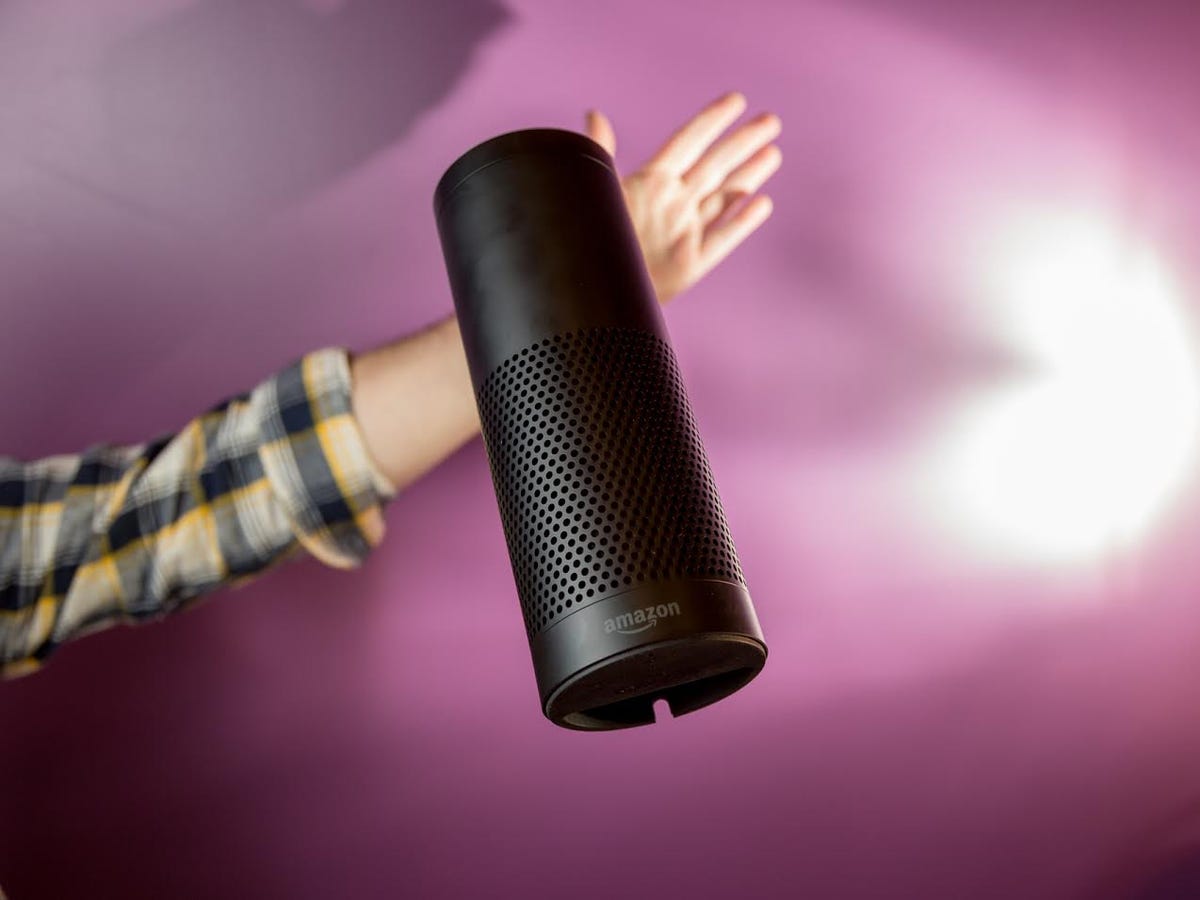
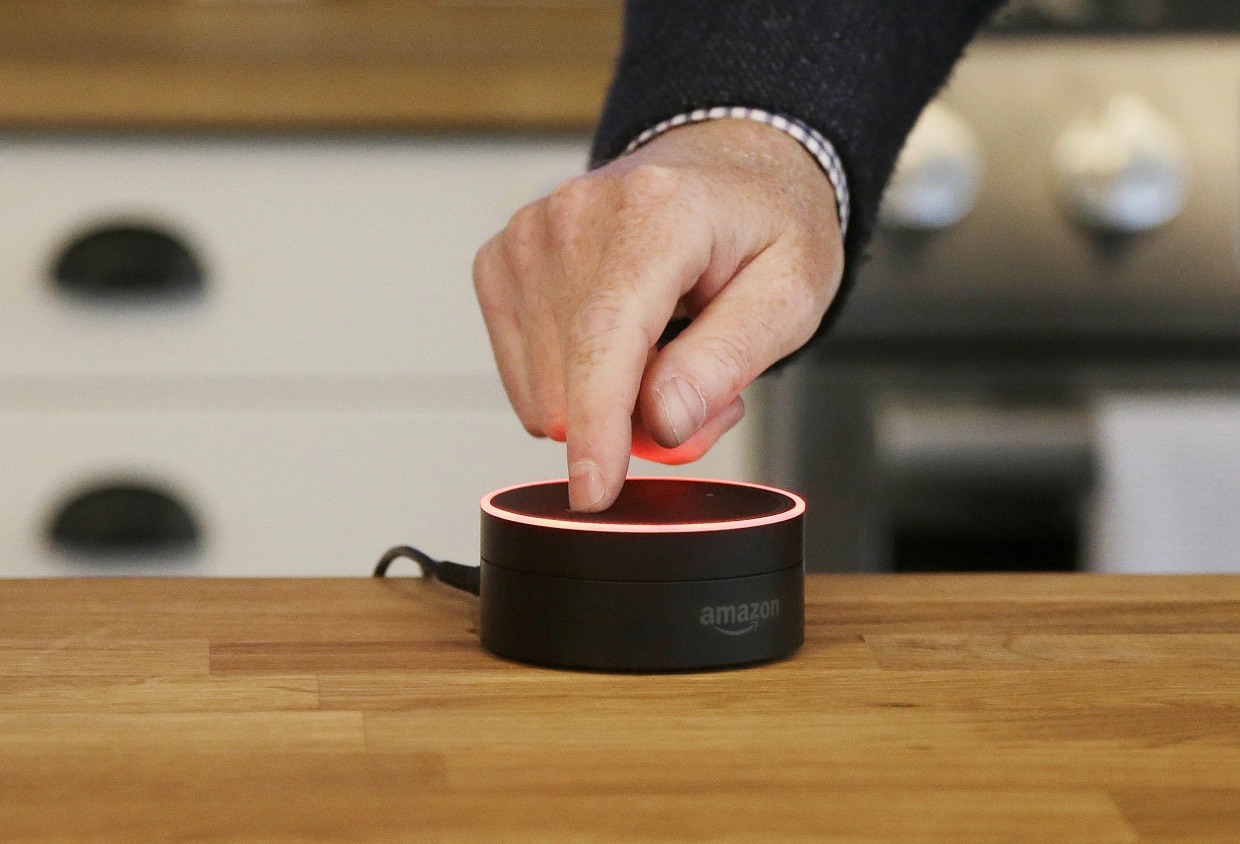
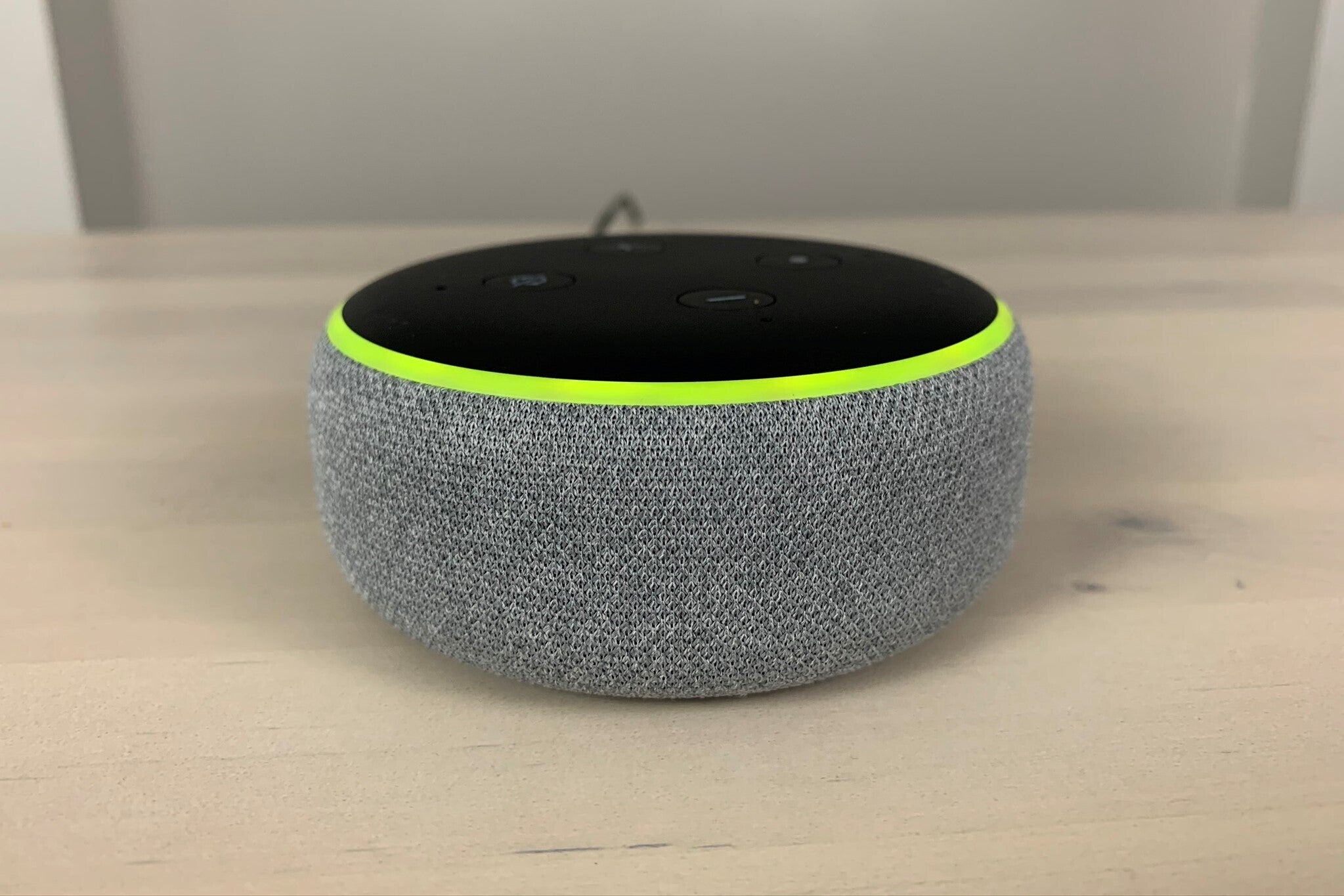



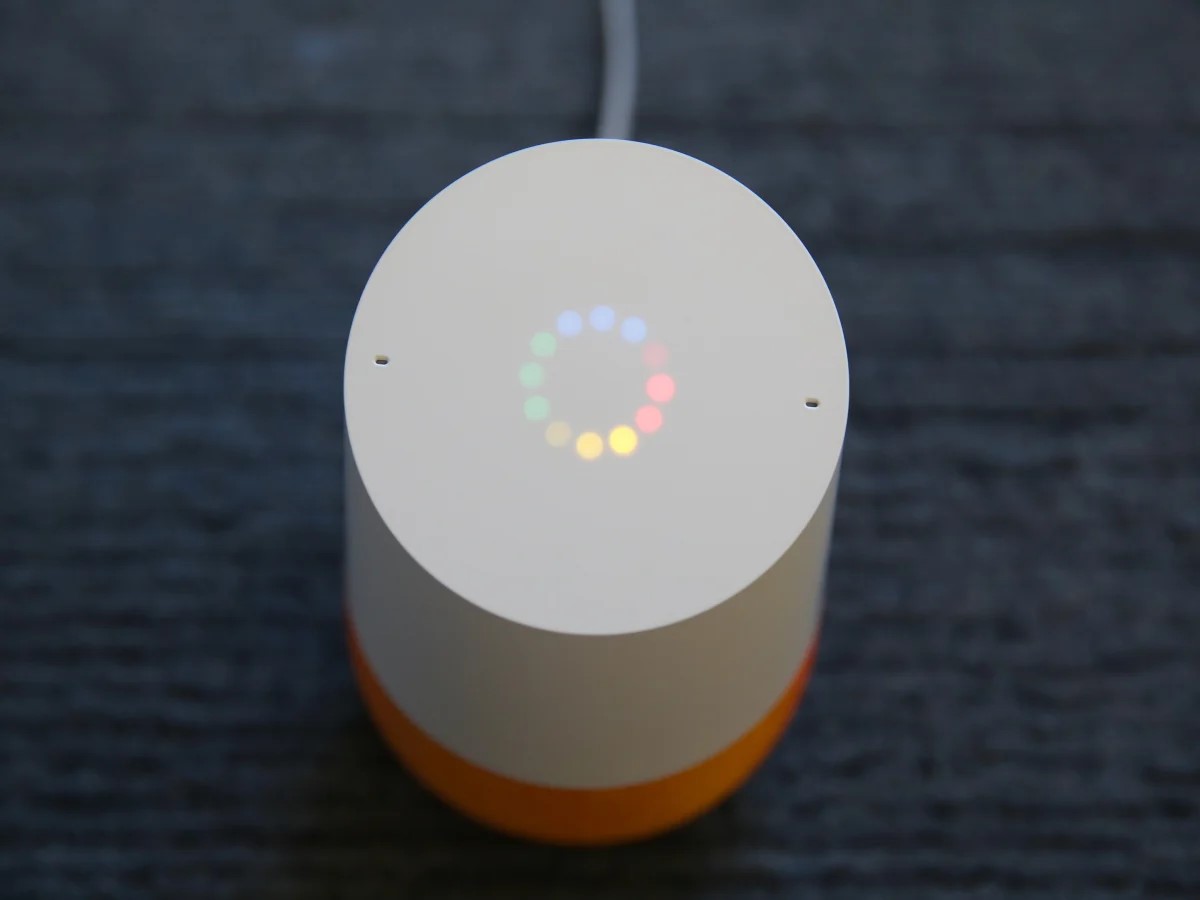
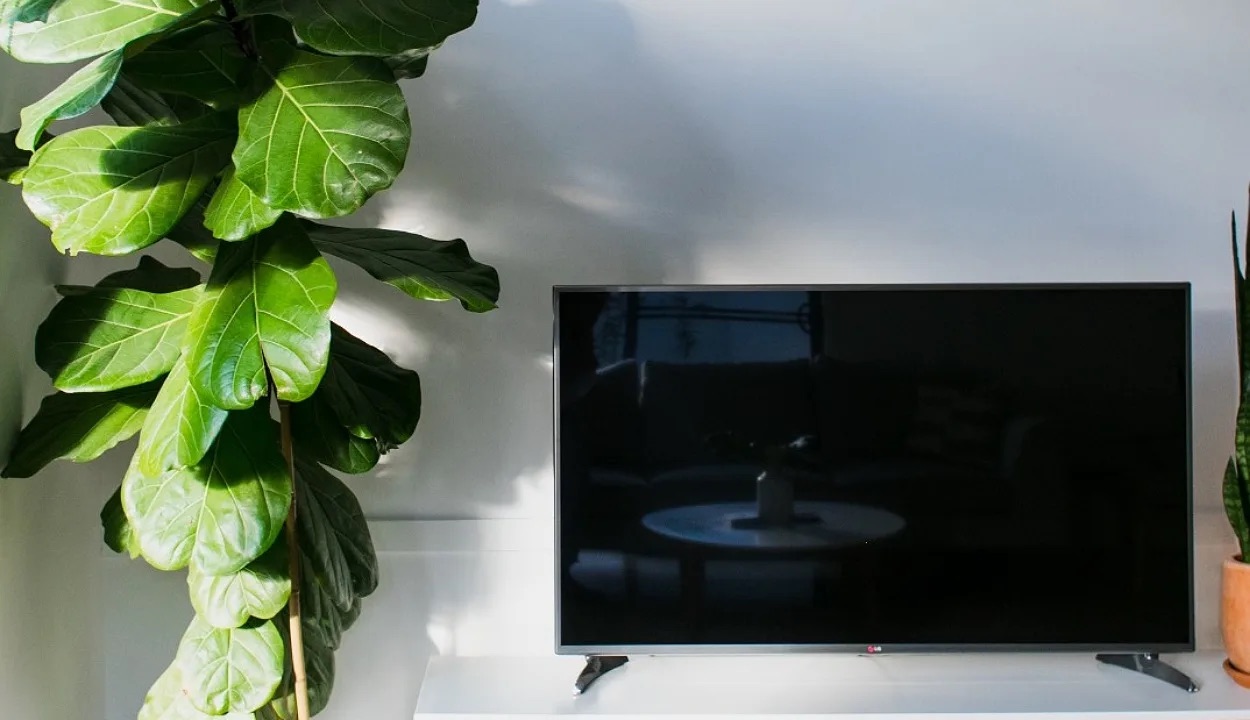
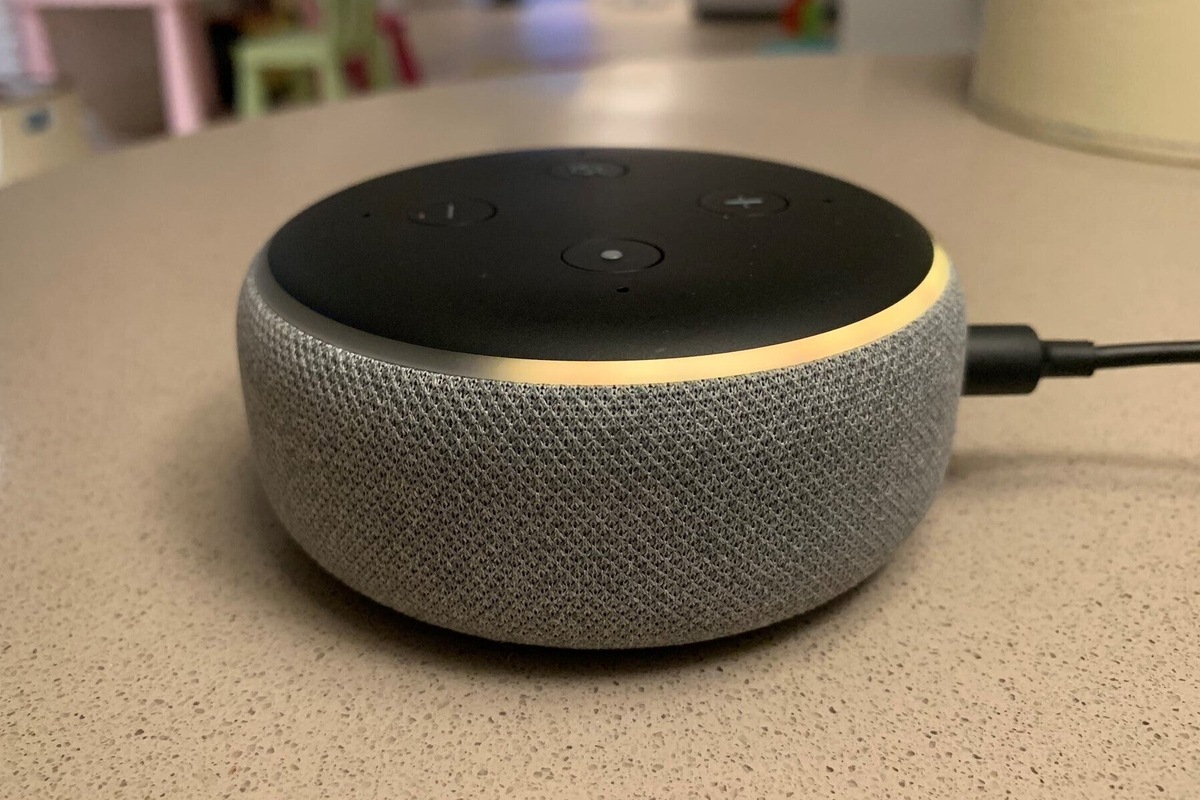



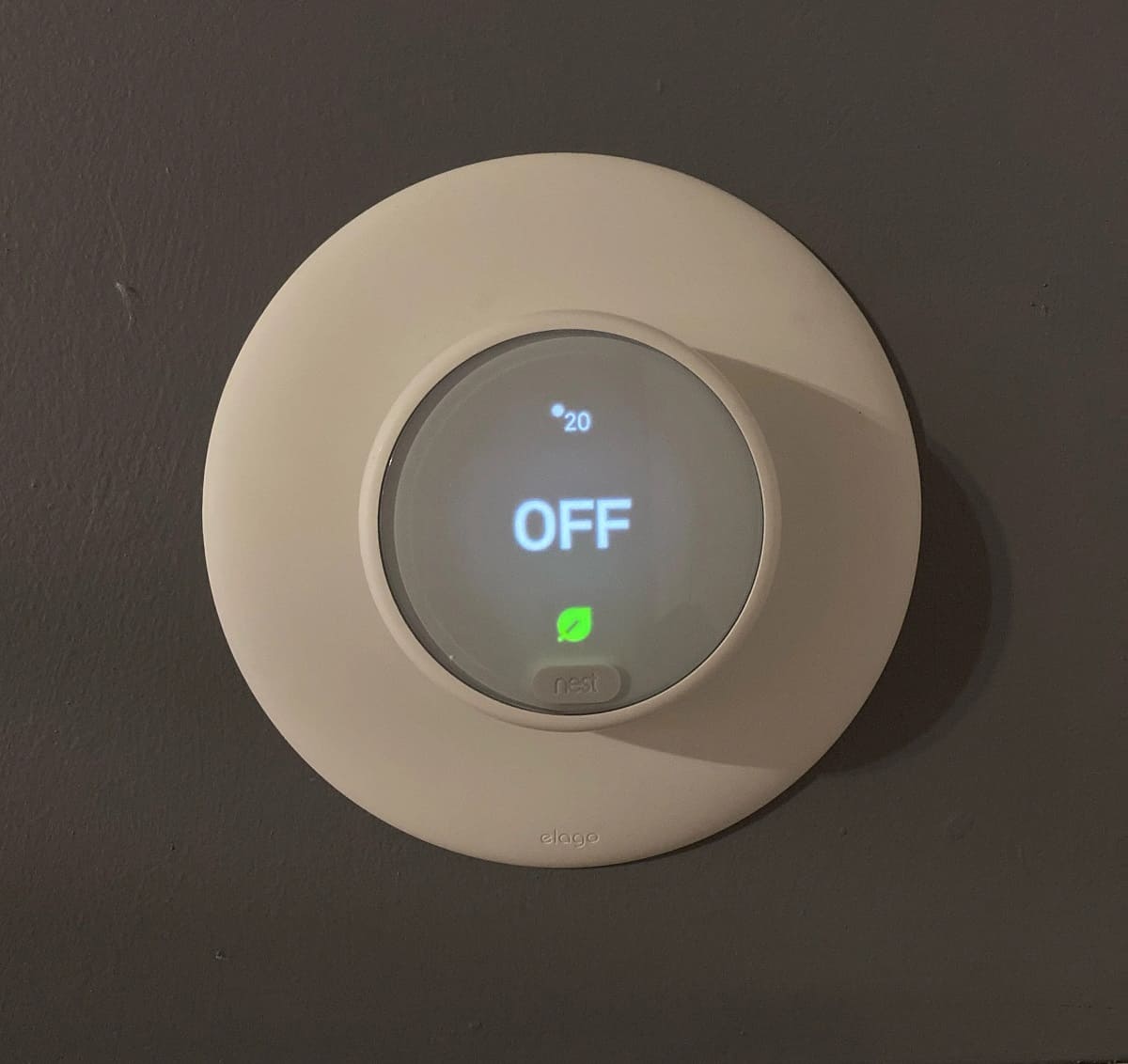


0 thoughts on “Why Does My Alexa Randomly Turn On”